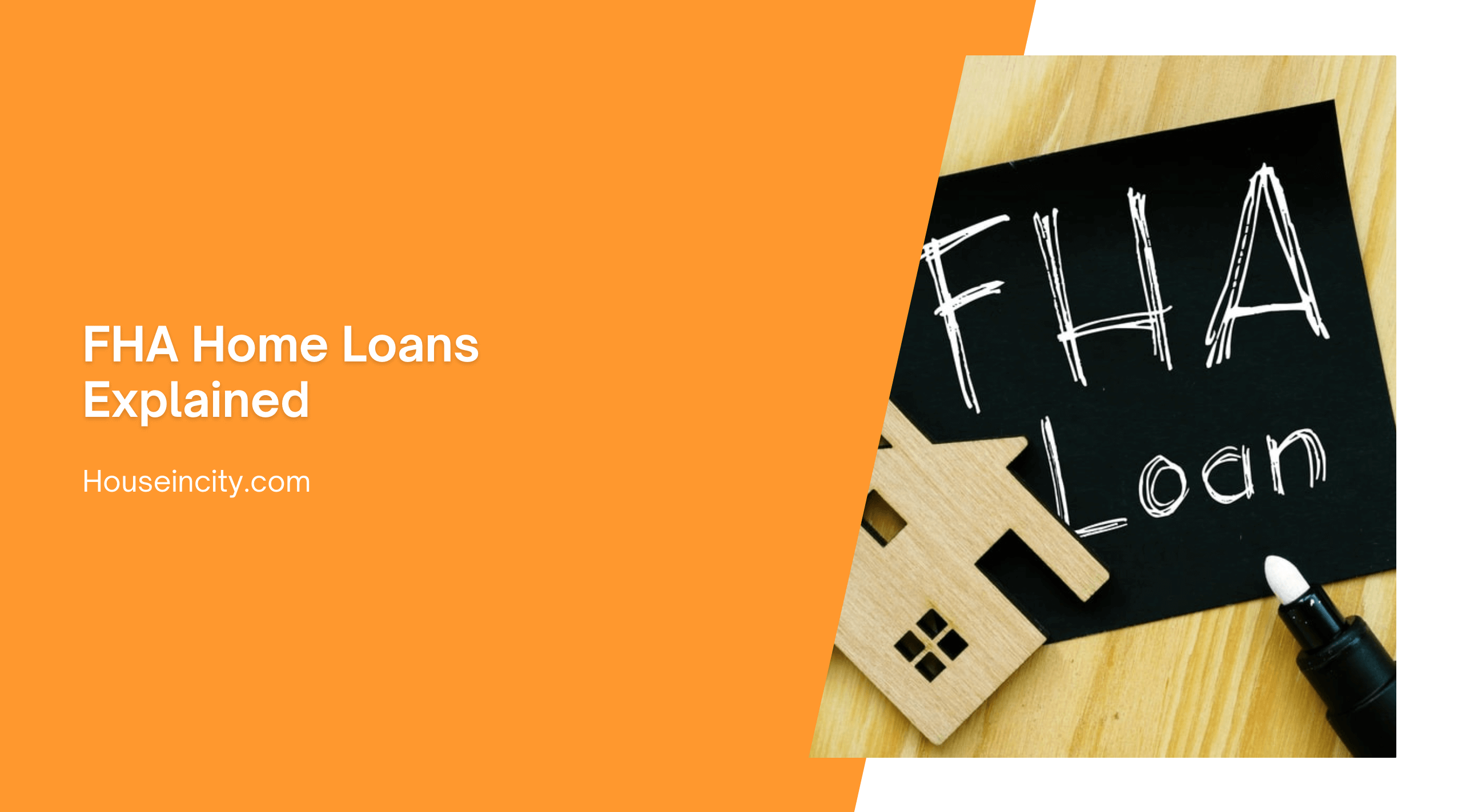FHA loans have long been one of the most popular financing methods for home buyers to purchase a property. Due to their versatility and loan down payment requirements there are many features of FHA loans that are attractive to consumers. With the added insurance to protect lenders, FHA loans are a favorable choice for investors as well. The following explains the ins and outs of FHA loans.
Down Payment Requirements
The minimum down payment requirement on an FHA loan is 3.5% of the total sales price. For example: on a property with a sales price of $100,000 the minimum down payment required would be $3,500. However, a borrower can opt to make more of a down payment than 3.5% if they so choose.
Upfront MIP (Mortgage Insurance Protection)
MIP is originated to protect the lender, not the borrower, in the event of a default on their loan. Upon origination of the loan, the borrower is expected to pay 2.25% of the total loan amount to the lender as an upfront insurance premium. In addition to this, the lender will charge 0.05% per month added into the monthly payment.
If the borrower does not have the available funds to pay the insurance premium at the time of closing the upfront MIP can be financed as part of the loan, increasing the loan amount by 2.25%.
Loan Limits
The maximum amount of a property that FHA loans will finance is $325,000 in most areas, but will be increased in states with higher market values such as California and Florida. Loans requested over the loan limit will not be eligible for FHA loans, and the consumer will have to select a different type of financing.
Credit Requirements
The credit requirements to receive FHA approval are more flexible in comparison to a conventional loan. The minimum required credit score is 620, and the consumer cannot have any late payments or collections for the past 12 months.
If the consumer had credit issues within the past 24 months, however, they may be required to write a letter of explanation, providing a valid reason (such as medical issues or employment issues) that will implore the underwriter to approve the loan, based on extenuating circumstances. While there is still a chance for a loan denial at this point, the chances for approval are vastly improved with a good letter of explanation.
Gift Funds
One of the great things about FHA loans is that it allows a consumer to receive gift funds from family members that can help with down payment and closing cost expenses. This feature can be very helpful for first time buyers who might not have budgeted the total amount for down payment and closing costs.
Another helpful feature of FHA loans is that they are eligible for 3% of the closing costs to be paid by the seller (if the seller is agreeable to this). This is more commonly known as seller concessions. This is another method commonly used to help new home buyers defray some of the costs of closing.
Property Requirements
In order to qualify for an FHA loan, there are certain requirements of a property. Not every house on the market will qualify for an FHA loan, particularly those in need of major repairs or rehabilitation. FHA inspectors are required to report on major issues of a property, particularly electrical, roof, plumbing, heating and cooling aspects, along with any construction defects. Should any of these major items be lacking, the property will not be approved for FHA underwriting unless they are repaired at the expense of the seller.
Closing Costs
The average amount of closing costs that the buyer is responsible for on an FHA loan is approximately 4-5% of the sales price. A good piece of advice for this is to take your down payment, double it and add around $1,000 – $2,000 to cover closing costs when budgeting for a home loan.
FHA loans are a very good way to finance a property for first time home buyers and seasoned home buyers alike. However, before choosing any loan product it is best to review your options with a licensed loan officer.
